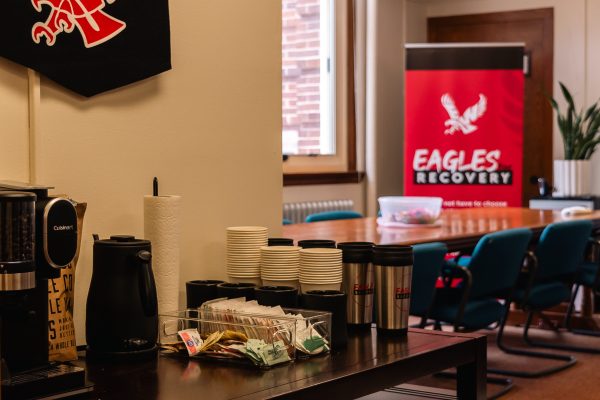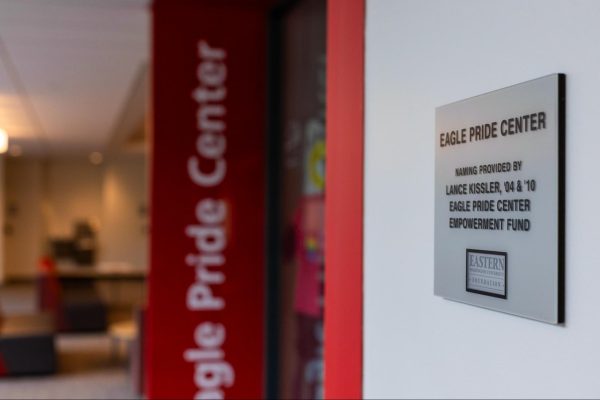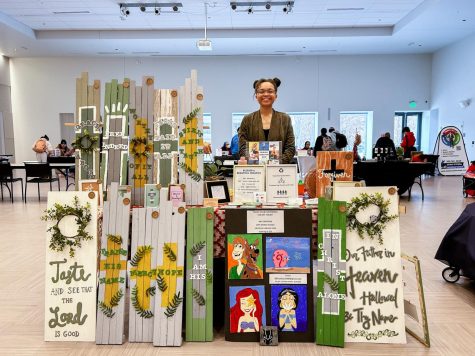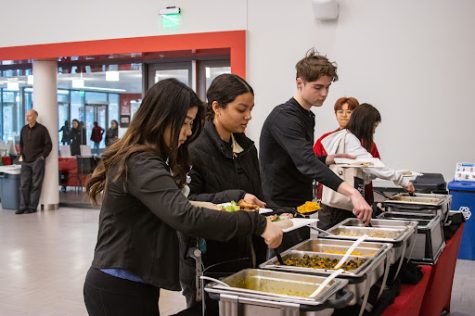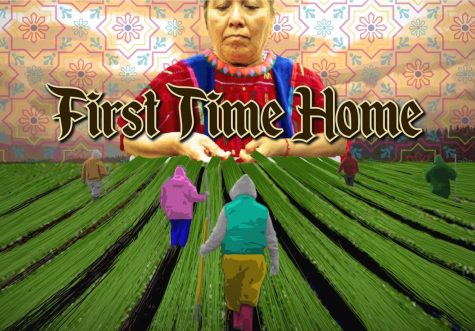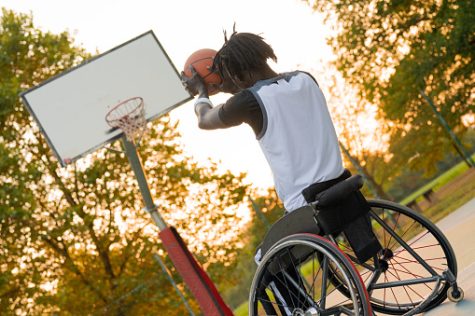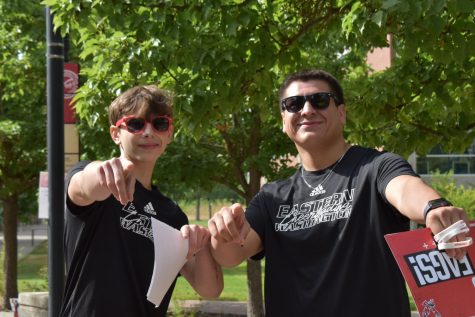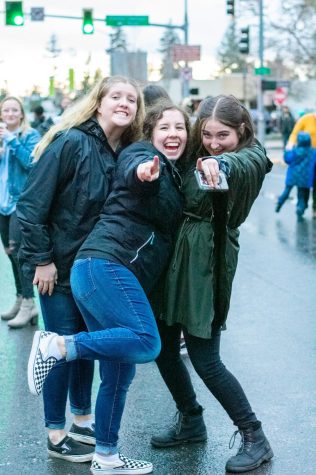New school year heralds new risks
October 11, 2012
The start of the school year until Thanksgiving, especially for freshmen, is the most dangerous time of a college woman’s academic career, according to the Committee on Sexual Assault Prevention at the University of Notre Dame.
According to the Annual Safety and Fire Report, in 2011 there were eleven reported forcible sexual offenses on campus and three off-campus incidents. Forcible sex offenses are, as defined by the Annual Safety and Fire Report, “any sexual act directed against another person, forcibly and/or against that person’s will; or not forcibly or against the person’s will where the victim is incapable of giving consent.”
Karen Wanjico, interim health education coordinator for Health, Wellness and Prevention services, explained that those looking to take advantage of the opposite sex are very manipulative, with a plan in mind and are often times well liked and charming. They are also sometimes hard to detect as predatory. A red flag would be uncomfortable touching upon meeting for the first time.
“If they were clear about their intentions, people would run them out. We know from research guys will test the targeted person and her friends. [Their thought process is] ‘Are you going to let me get her drunk and walk her out of here?’” said Wajico.
Wanjico, describes at-risk situations as spending time with someone you just met or barely know and getting pressured by the stranger to do something outside one’s comfort zone. “Even with or without alcohol, it should be a red flag if they’re trying to take you away [from the group setting],” said Wanjico.
In response to why sexual assaults occur, Wanjico credited alcohol as being a big factor. “I’ve heard stories involving [both] alcohol and no alcohol. What’s usually in common is someone who is very persistent targets those who are naïve or vulnerable. If they’re intoxicated they might be perceived as naïve, or a new student as vulnerable.”
Health, Wellness and Prevention Services has been educating students on campus, especially during the first few weeks of school by handing out cookies labeled with contact information stickers in the residence halls and hosting informational talks on campus. Wanjico wants people to know what to look for and how to help people be safe.
Wanjico explained that women in college are more susceptible to being in high-risk situations than women who are the same age but out of school.
Wanjico suggests that if something is making your internal alarm go off, make an excuse and leave the situation. In these types of situations Wanjico believes it does not matter if you have to lie to make an excuse.
In the 2010 American College Health Association National survey, when Eastern students were asked if they had experience some form of non-consensual act in the last 12 months, 8.5 percent of the students said yes.
Wanjico’s message to the student body is this: “I want them to know that we as a university are working on campus to create a norm where we do not tolerate violence and every person does his or her part to help prevent it.”
To gain more knowledge on how to deal with at-risk situations there are resources and programs at Health, Wellness, and Prevention Services, self-defense classes offered by the EWU police department and sex and gender coursework in the school of social work and women’s studies.








